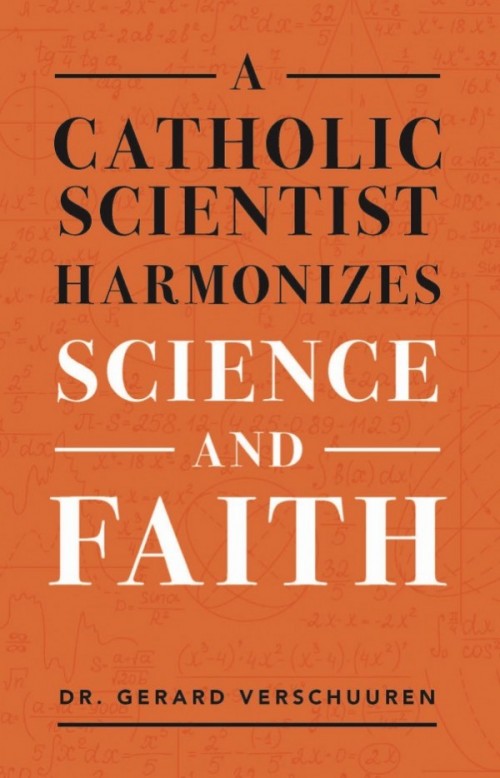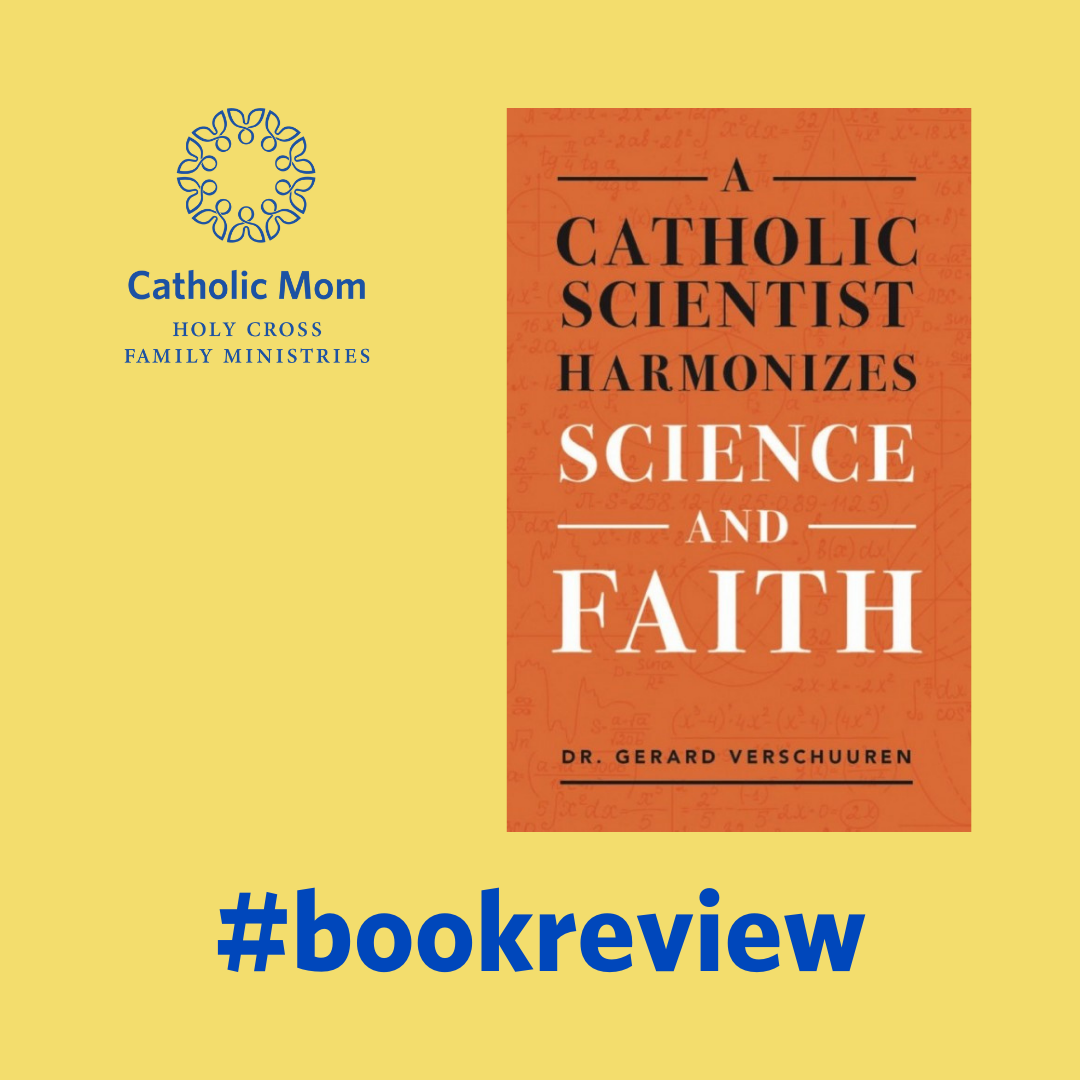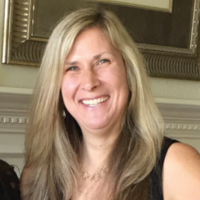
Susan Ciancio reviews Dr. Gerard Verschuuren’s book, A Catholic Scientist Harmonizes Science and Faith.
I had the recent privilege of reading Dr. Gerard Verschuuren’s latest book, A Catholic Scientist Harmonizes Science and Faith, in which he hopes to impart to readers the fact that science and religion can—and do—exist together.
I relish the opportunity to write reviews on books that help me think, that teach, and that offer a greater understanding of concepts and theories that I have only a rudimentary knowledge about. This is one such book.

In the first few pages, Dr. Verschuuren asserts that “science and faith are the two windows, or the two ways, that let humans look at the world they live in. Yet, there is only one world, and it is the same world these two windows try to reveal. Closing off either window would make us partially blind.”
If we are blind to one or the other, he contends, we do not live fully.
Dr. Verschuuren then goes on to define both science and faith and delves into why science needs faith and conversely why faith needs science. In a succinct and easy-to-read manner—and with the help of great minds such as St. Thomas Aquinas, St. Augustine, G.K. Chesterton, St. John Paul II, and more—Dr. Verschuuren educates the reader about how science and faith can coexist.
He explores such concepts as “double truths” and reason, explaining that, as Chesterton wrote, “truth exists whether we like it or not.” This is a compelling argument today, as we are inundated with many instances of secular society telling us that we can have our individual “truths,” which often are not really truths at all. Popular have become the terms “my truth” or “your truth.” Dr. Verschuuren explains the dangers and consequences behind discarding the things that are actual truths in this world.
One of the sections I found most illuminating was his discussion of the reasons why faith needs science. Included among these are his assertions that “science gives faith eyes,” that “science purifies faith,” that “science lets God be God,” and that science and faith challenge each other. His detailed explanations, the weaving in of evidence from history and historical accounts, and the expert manner in which he explains concepts helps create a firm foundation for the reader to then build upon.
Another eye-opening section was Dr. Verschuuren’s discussion of atheism and agnosticism. What I found most intriguing was his argument that some of these beliefs are born out of Satan’s hatred of God. He describes many types of these rejections of or disbeliefs in God. One of which is what he calls a new paganism (or “unaware atheists”). He asserts that people who fit this description suffer from a “spiritual amnesia.” He continues,
They are not so much atheists as they are heathens who have never thought about God, or never even heard of God. God has completely disappeared from their radar. These people live in a very noisy and busy world, filled with radio, TV, cell phones, loudspeakers, and earphones, which overpower and squash any other thoughts—thus turning them into heathens.”
I think this describes our world today very well. We see the noise of the world—social media, TV, movies, and so on—taking the place of God and calling Him inconsequential to our lives. Morality is discarded and replaced by a love of self and a desire to do what makes individuals happy.
This book expertly addresses the salient issues of our day and helps bring about a greater understanding of the fact that science and faith can and do live in harmony. A key point of this book is that faith is integral to our lives. We cannot live in a world devoid of faith in God, for life means nothing if we don’t have Him.
I highly recommend A Catholic Scientist Harmonizes Science and Faith for anyone interested in how faith and science interact and to help you articulate this cohesion to those in your lives who may fall into one of the agnostic or atheistic categories.

Copyright 2022 Susan Ciancio
Images: Canva
About the Author

Susan Ciancio
Susan Ciancio has a BA in psychology and a BA in sociology from the University of Notre Dame and a master’s in liberal studies from Indiana University. Since 2003, she has worked as a professional editor and writer. She is executive editor for the Culture of Life Studies Program and editor of ALL's Celebrate Life Magazine.


.png?width=1806&height=731&name=CatholicMom_hcfm_logo1_pos_871c_2728c%20(002).png)
Comments